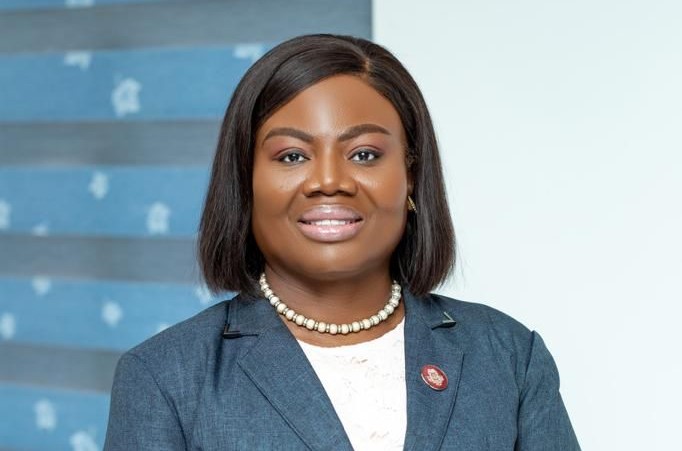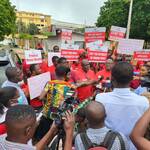The Head of Organised Crime at the Economic and Organised Crime Office (EOCO), Mr Abdulai Bashiru Dapilah has said that in 2019 alone, about $ 1.8 billion was transferred outside Ghana for imports but no connection to any goods imported into the country was established.
Mr Dapilah, who is also a member of the Illicit Financial Flows (IFFs) Unit of the Ministry of Finance and Economic Planning said this was realised after EOCO and collaborators examined audits of the Customs Management System.
He disclosed this last Friday at a public forum on the role of the media in the fight against illicit financial flows in Ghana organised by the Media Foundation for West Africa (MFWA) with sponsorship from Oxfam.
He said the Office identified four key ways that IFFs manifest in the country and have so far ripped the country of huge amounts of taxes and social benefits.
Mr Dapilah said the four inroads for IFFs included imports, exports, activities of forex bureaus and the fishing industry.
Mr Dapilah said the team is currently carrying out investigations, noting that the crime associated with this type of transfer was ‘trade misinvoicing’, tax fraud, and money laundering, among others.
The Organised Crime head said for exports, with support from the Precious Minerals Marketing Company (PMMC), the Office has examined 10 gold export companies from 2018 to 2020.
Mr Dapilah said the Office after examination established that the companies have transferred about 1.1 billion worth of gold outside Ghana, noting that how the funds came into the country for the purchase remained a mystery to unravel.
He stated further that many of the individuals behind the purchase of the gold were expatriates, who use Ghanaian-licensed gold-buying companies, whom they then give commissions.
Mr Dapilah said for the forex bureaus have individuals who open personalised accounts to transfer instead of using the approved routes, thereby shortchanging the government of the needed tax.
He noted that for the fishing industry, what happens is that expatriates come and help locals to register companies and front for them after entering a sale and purchase, noting that after the parties have gone through the tax system, the locals are given a percentage and the expatriates retain the larger portion of the proceeds.
He said the role of the media in the fight against IFFs demands that the media increase public awareness and expose harmful tax practices, noting, “The media must frame issues in simplified and digestible formats, raise popularly narrative and key issues on the government agenda”.
Mr Dapilah said EOCO hopes that the Media would function effectively on issues of IFFs and bridge the between IFFs and social development by humanising the issues surrounding the global economic crime.
The Accountable Governance Programme Lead, Mr Mohammed Mahamudu said illicit financial flows restrict the government from providing basic social amenities, hence the need for the media to enhance the fight to retain revenue for the government.
The Senior Investment Expert of the African Continental Free Trade Area (AfCFTA) Secretariat, Madam Roslyn Ng’ewo said AfCFTA has rolled out swift policies to fight IFFs.
The Director of Research and Advocacy at MFWA, Mr Kojo Impraim noted that MFWA is committed to improving the capacity of the Ghanaian media to fight Illicit Financial Flows in Ghana.
- Commonwealth lawyers demand reversal of CJ’s suspension - 10 May 2025
- Cedi to resume depreciation in late 2025, S&P warns - 10 May 2025
- Debt restructuring, IMF deal, gold surge propel Ghana to S&P Upgrade - 10 May 2025




